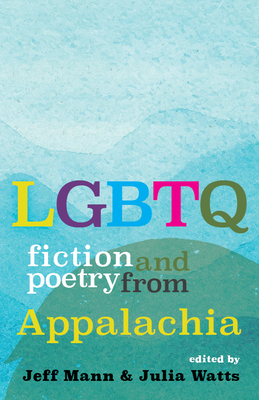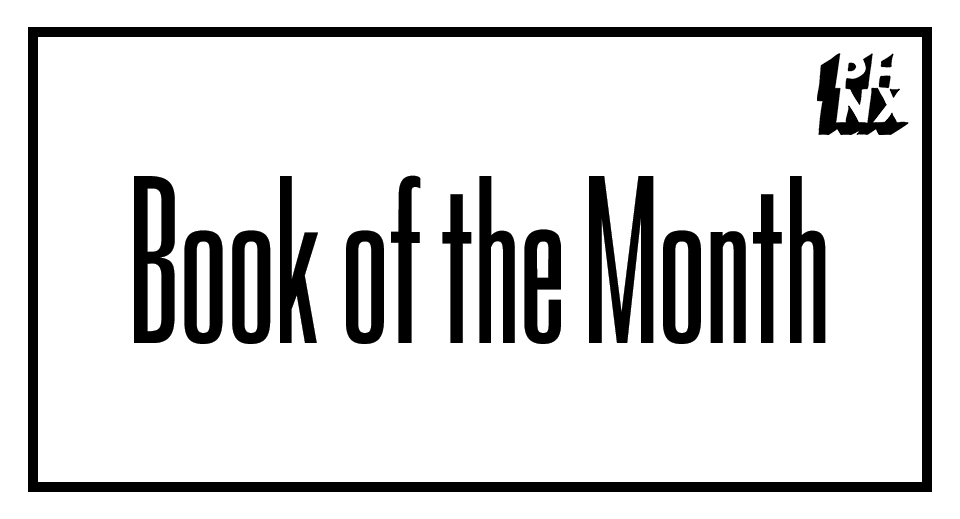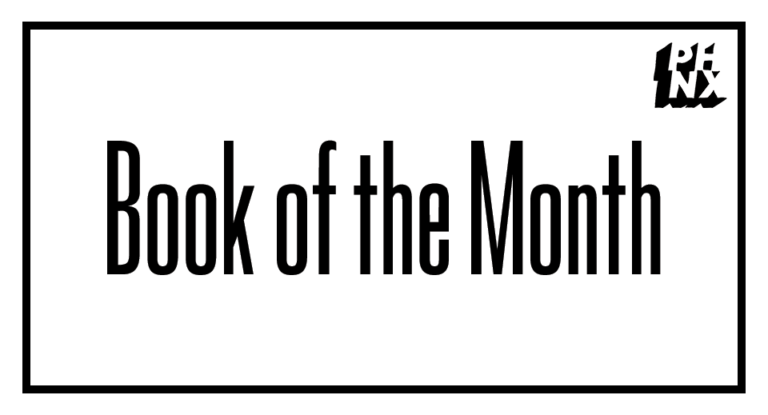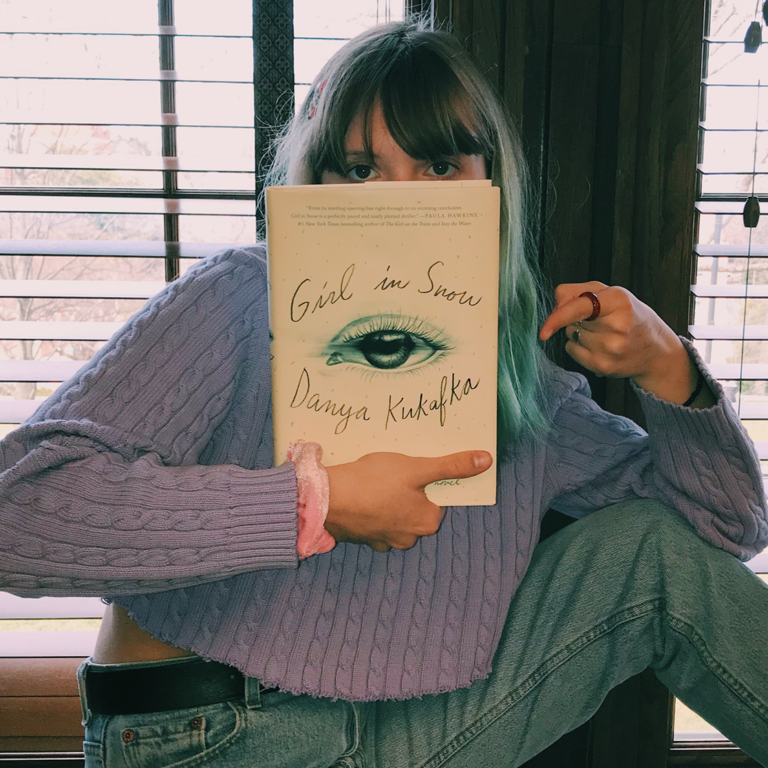
Written by Clint Liles
Edited by Josh Strange
I grew up about two hours north of Knoxville in a small-town just south of the Kentucky-Tennessee state line. The closest city was Knoxville followed by Lexington with an equal distance drive. In many ways my experience of growing up in Appalachia was one of seclusion. I saw little representation or diversity around me in my day-to-day life. The only experience I had with seeing people in the LGBTQ+ community was confined to movies and television. Thus, those in the LGBTQ+ community felt miles away from me, living in an entirely different universe. I know that I was not the only one who experienced this form of seclusion.
To many of us who were raised or familiar with Appalachia, the idea of queer Appalachian literature feels a bit like an oxymoron. From an outsider’s view, Appalachia is a place full of bigotry and backwards beliefs. Yet, there are writers who push back against this perceived notion and write vibrant pieces on their experiences of being a part of the LGBTQ+ community in Appalachia. The collection LGBTQ: Fiction and Poetry from Appalachia is a testament to the idea that it is possible to be both queer and Appalachian, offering colorful insight into what life is like for many queer Appalachians who are proud of their mountain identity. Editors Jeff Mann and Julia Watts have worked to create a collection that is solely based on Appalachian writers in the LGBTQ+ community. As a result, they have pulled together a collection that will resonate deeply with readers who grew up queer in rural Appalachia, as I did.
These writers give a voice to the queer Appalachian experience and note the challenges, discrimination, and joy that comes with these two identities and in doing so, offer an immensely personal read. It is noted in the book’s intro that, “LGBTQ Appalachian writing nearly always concerns the ways that sexuality, gender identity, place, and family converge, interweave, and complicate one another.” This is an aspect that many of us who are queer and grew up in Appalachia can understand. The values of Appalachia- including connection to family, church, and community-are instilled within us, yet at the same time there are great challenges and a feeling of isolation for many of us in the LGBTQ+ community.
While the book speaks to several themes and issues surrounding growing up queer in Appalachia, the theme I found occurring most often throughout several of the stories is family ties to the protagonist and how this affects them in several ways. I would argue this theme is central for good reason too. Family is no doubt a fundamental aspect of life in Appalachia and Appalachian culture. Realizing that one is queer in an Appalachian family can pose challenges that several of these authors explore. They do not exclude the pain and bigotry that is so often seen in Appalachia but they also offer moments of tenderness and joy.
Jeff Mann’s poem ‘Training the Enemy’ caught my attention and held it throughout the poem. “Well Appalachia, you’ve done it./ You’ve made a man out of me.” Immediately Mann catches the reader’s attention through his economic use of language. Yet, this moment also connects with me and pulls me back to my small hometown and that desire I had to be a ‘man’ when it felt horrifying to sign up for football try-outs. It appears as though Mann had accomplished what I had tried and failed throughout much of my adolescence. Mann goes on to state, “Watch me shoot the redneck shit as well/ as any local, puffing stogies and sipping bourbon/ straight.” Mann’s language is full of contempt and a boiled-up anger that is spilling out on the page. It is this anger that offers a twist to the poem. Mann’s anger stems from that conflict of being a gay Appalachian. While he may belong in this landscape due to his presentation, not every individual within the LGBTQ+ community can comfortably say that. He’s an insider within a community that detests him. This is a rage many queer children who grew up in Appalachia feel as a result of the seemingly endless bigotry and oppression that occurs while growing up in a rural Appalachian town. This piece resonated with me personally as I grew up in an area where to be gay was viewed as an attack on masculinity, and as a result the few gay men in my hometown had to present as masculine for safety. I tried to present as masculine throughout grade-school not as a personal preference but for survival. Mann takes that same survivalist view I had to cling to throughout my adolescence and twists it into a new form of masculinity. He paints a picture that holds being gay and Appalachian in one hand, owning both identities in a way that dares against the common homophobia in Appalachia.
Overall, this collection made me feel empowered and seen as a gay Appalachian. Growing up in rural East Tennessee, there was little representation of the LGBTQ+ community offered, much less Appalachian representation of my identity. These stories feel personal to me, because in many ways they are. There were moments of flashback in the book where I shared intimate connections with the characters because of our shared experiences. It was a page turner as well as an emotional and personal experience for me as I revisited emotions I thought I had left upon moving to Knoxville. This is a book for everyone but especially those in the LGBTQ+ community.




